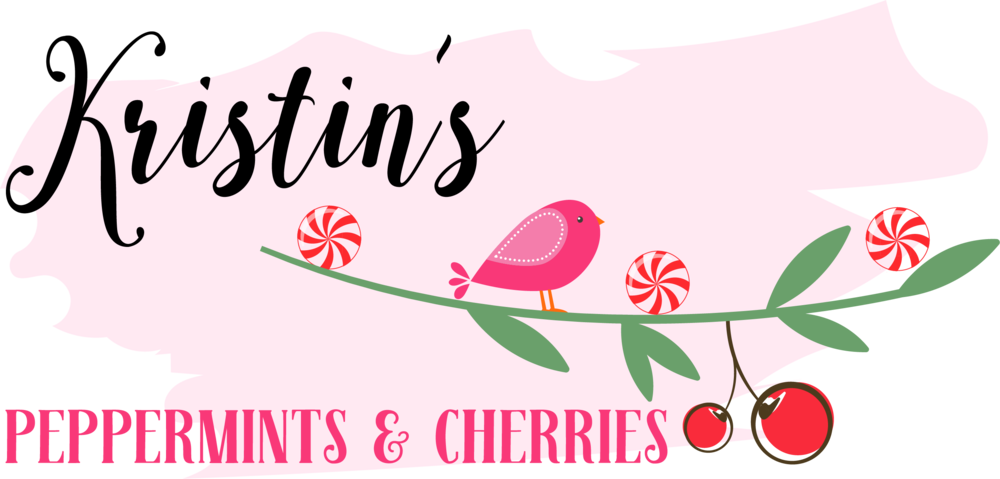Most people love music at an early age, but that love of music is oftentimes not cultivated. Music does a lot of positive things for babies and toddlers alike. It helps a baby feel better, helps produce brain activity, and encourages less whining. You already know that music (the right kind!) is soothing to you as an adult, and music produces the same results in babies!
Four Ways Parents Can Develop a Love for Music in Their Babies and Children:
Introduce music at a young age.
Music is everywhere. It’s in stores, on tv, in nature, at football games, in elevators, at the doctor’s office, in the car. The list goes on and on! Help your child pay attention to music by listening and developing an ear for it. How so? Enroll in a baby music class. My child is currently enrolled in a baby music class for ages 0-3. He absolutely loves it, and it is great social interaction for him as well. He learns listening skills, practices rhythm instruments, and learns to work with others each week!
Using everyday experiences to expose children to music is beneficial as well. Point out different sounds such as the singing of a bird or a band at a football game.
Expose your child to music at a young age.
Concerts and churches are great places to hear music. Home and church were the first places I was exposed to music and musical instruments. Point out different instruments to your toddler and tell him/her the names of the instruments. If you don’t know the instrument names, ask someone or look them up on the Internet!
Listen to music as a parent, and play recorded music for your baby or child.
You probably already listen to music in your car but play music during daily tasks such as cleaning or cooking. I often turn on the Sunday school songs when I am cooking. My little boy loves listening, and it occupies his attention while playing in his playpen. Also play soothing music on a very low volume at nap time or bed time.
Allow musical exploration and encourage practice with play instruments.
No need for purchasing anything expensive… pots and pans along with a spoon make great drums! You can also make drums with plastic containers and lids. If you want to purchase play instruments, xylophones, triangles, drums, and rhythm shakers are great options! Since I teach music, I own a piano and a digital piano. My little guy loves playing on both, and I don’t discourage his “banging” because encouraging music exploration is important!
If learning a musical instrument is in the plans for your child as he or she gets a little older, now is the time to introduce music! Even if you don’t think your child will ever play a musical instrument, the benefits of developing a love for music are endless!
Related Post: How to Help Your Child Become a Successful Musician



